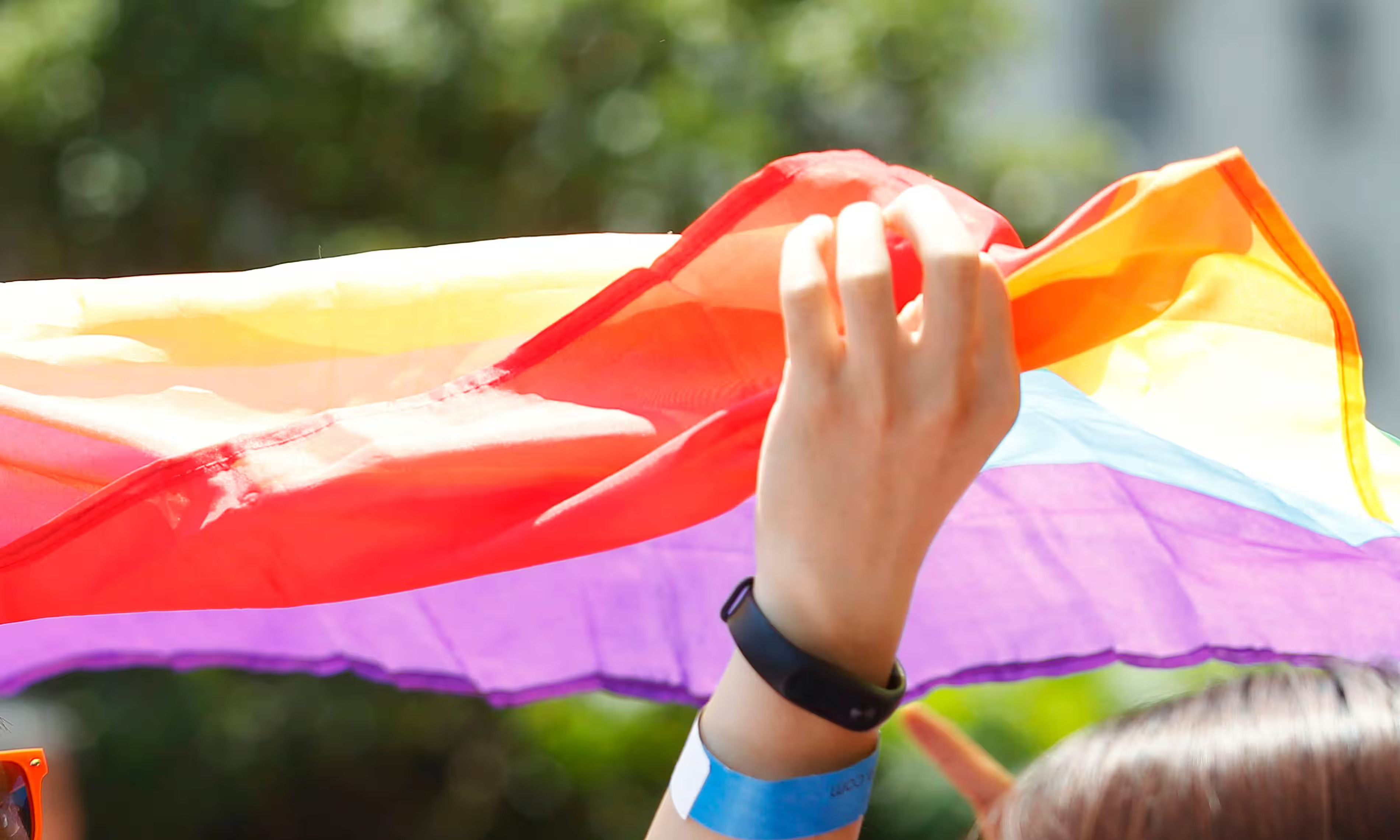The final judgement in a landmark case in China’s eastern province of Jiangsu has concluded that the words “Homosexuality is a psychological disorder,” which appeared in a university textbook, is “not a knowledge-based error,” but rather “an example of difference in academic viewpoint and understanding.”
As we reported in July last year when the case was first getting heard, a then 20-year-old Chinese university student called Xixi sued the publisher Jinan University Press and its retail platform after she found out homosexuality was described as a disorder in a psychology textbook. China officially dropped homosexuality from its list of psychiatric disorders in 2001.
Related:
 “Psychological Disorder”: Chinese Student Sues Over Homophobic Textbook in Landmark CaseLGBTQ+ activists have repeatedly attempted to use China’s courts to challenge homophobic policies and behavior in recent yearsArticle Aug 03, 2020
“Psychological Disorder”: Chinese Student Sues Over Homophobic Textbook in Landmark CaseLGBTQ+ activists have repeatedly attempted to use China’s courts to challenge homophobic policies and behavior in recent yearsArticle Aug 03, 2020
After Xixi’s case was initially dismissed, she decided to file a second appeal, only to hear this upsetting final decision on February 22, according to state media outlet The Paper.
The case has quickly garnered an immense amount of attention nationwide. A related hashtag quickly attracted attention on social media platform Weibo, becoming one of the top trending topics and amassing over 220 million views in a matter of hours.
While views on the matter are not entirely unified, the most upvoted comments under the main discussion post all rage against the court’s decision.
“It’s okay not to support, but at least pay respect,” writes the top comment, with over 95,000 likes. “Don’t describe others as having a psychological disorder.”
Related:
 Landmark Court Ruling Offers Hope for China’s Transgender EmployeesDiscrimination against China’s transgender employees remains widespread, but a recent court ruling may provide some hope for changeArticle Jul 06, 2020
Landmark Court Ruling Offers Hope for China’s Transgender EmployeesDiscrimination against China’s transgender employees remains widespread, but a recent court ruling may provide some hope for changeArticle Jul 06, 2020
“Is this 2021?” reads the second-upvoted comment. Another one reads, “Love is love.”
The decision, which marks the end of the legal proceedings for this case, brings greater uncertainty to the future of LGBTQ+ rights in China. Under pressure, China’s biggest pride celebration — ShanghaiPRIDE — announced an indefinite hiatus in August last year.
Yet attitudes toward homosexuality among China’s youth, especially those living in major cities, are increasingly enlightened. In a survey about attitudes to sex among 54,580 university students last year, over 15% of respondents identified as LGBTQ+.
According to another survey published jointly by UN Development Program, Peking University Sociology Department and the Beijing LGBT Center in 2016, more than 70% of respondents in China didn’t support the pathological view of homosexuality and stereotype-based prejudices against sexual minority groups. In addition, the report found that the younger the respondents, the more likely they were to be open-minded towards sexual and gender diversity.






















